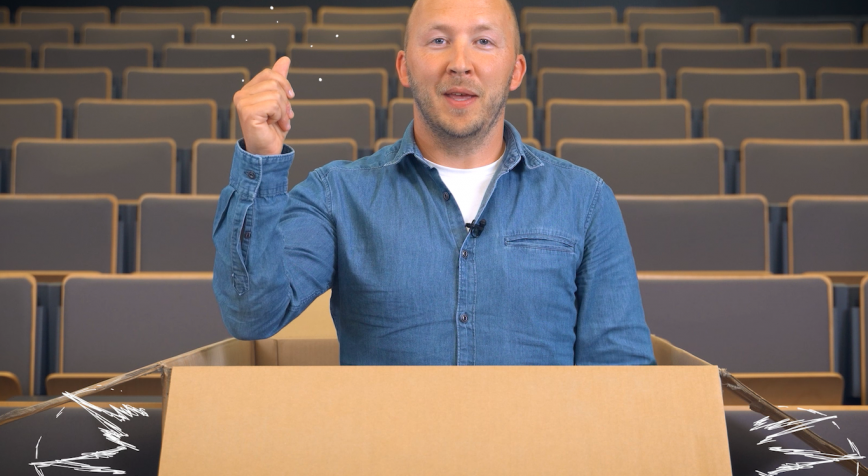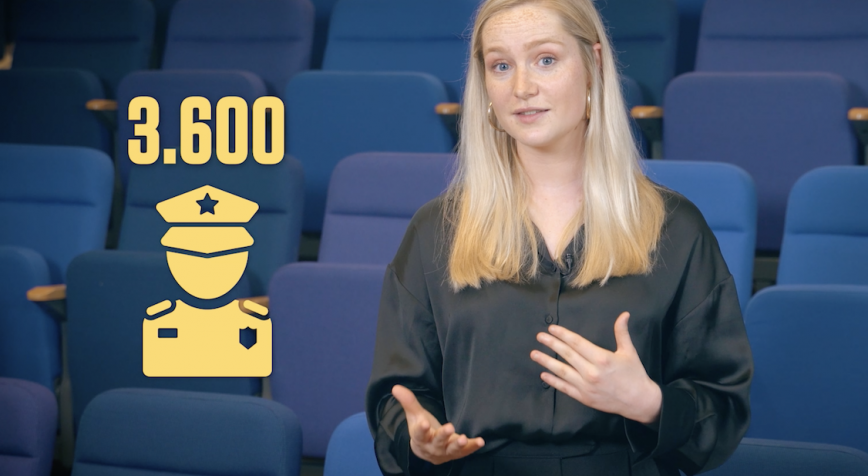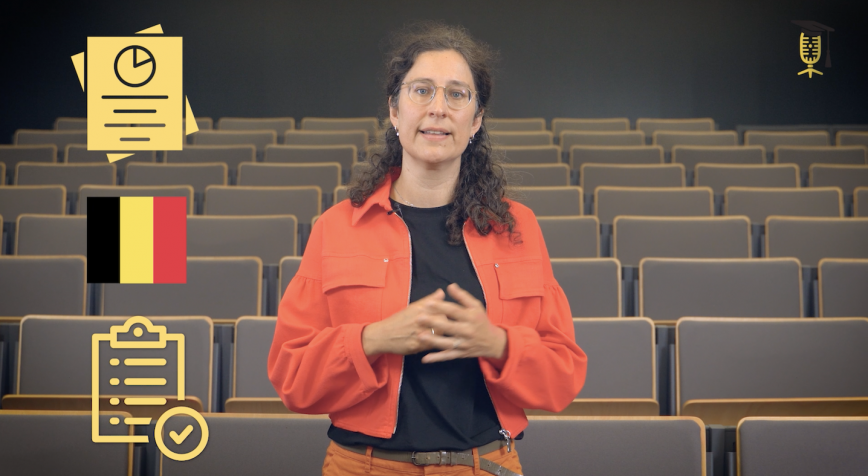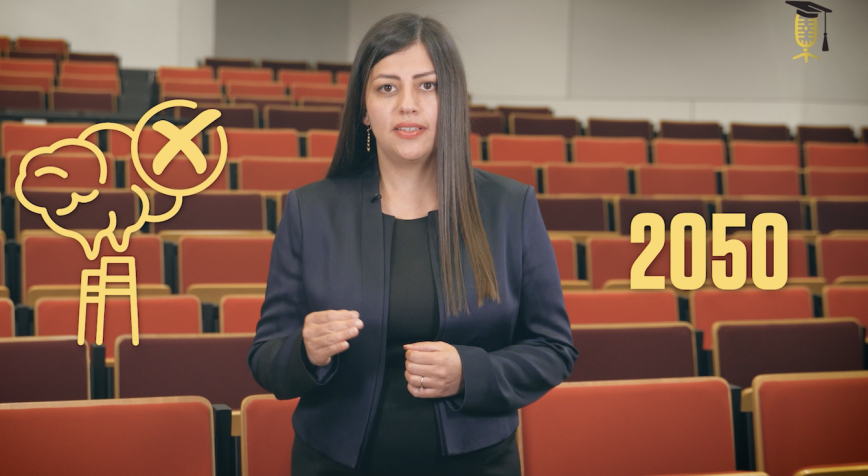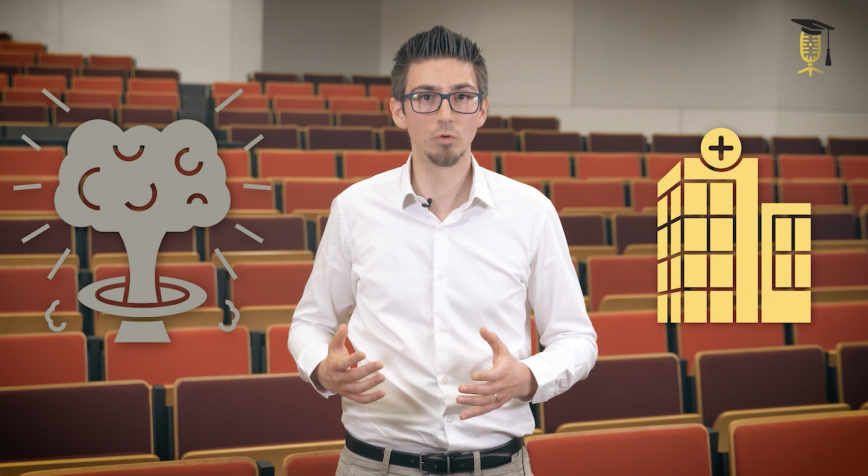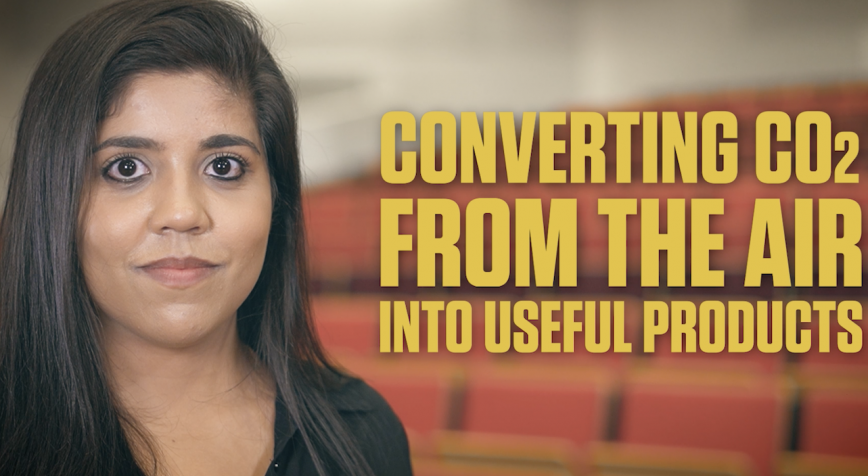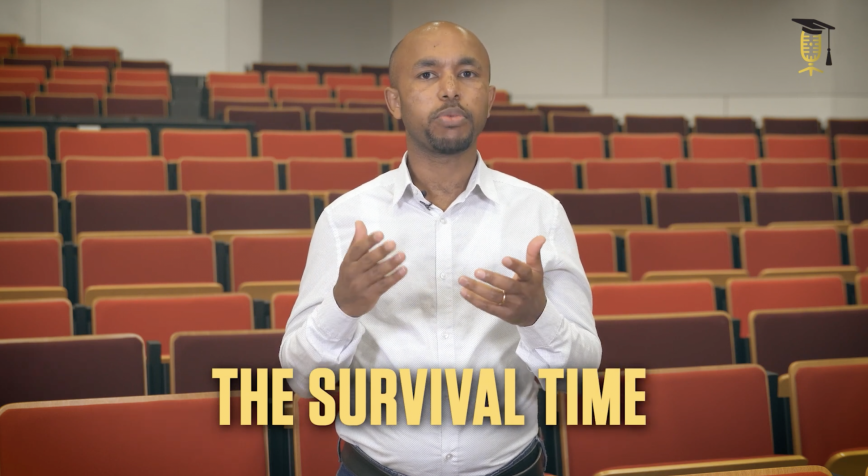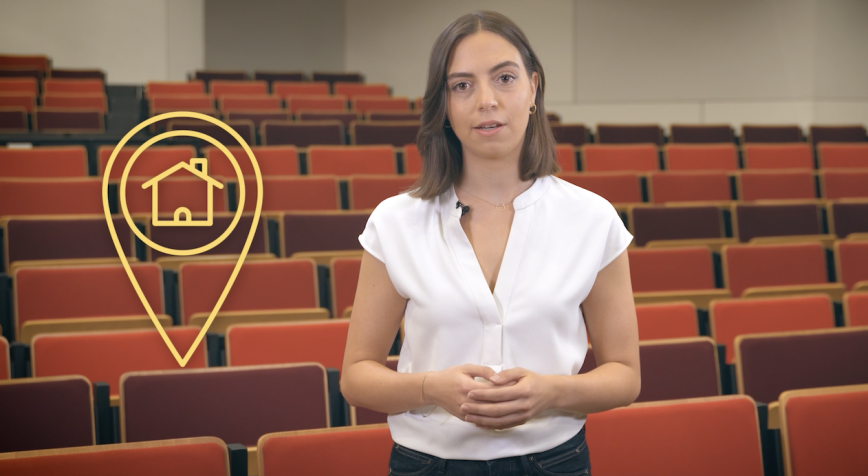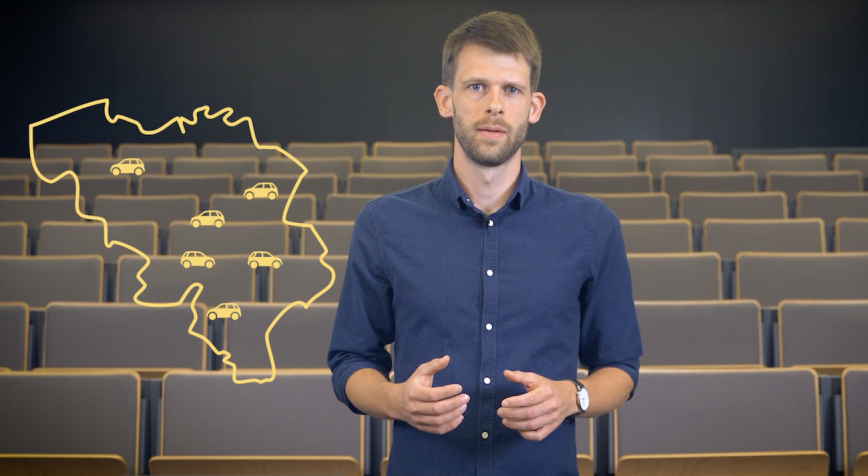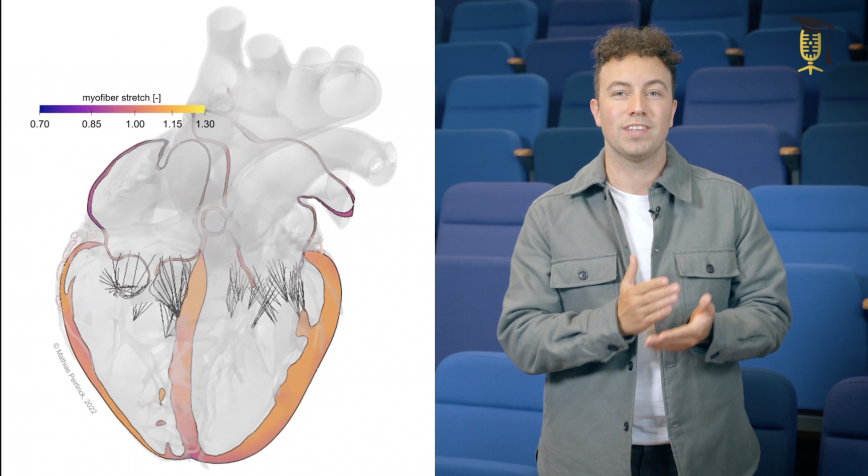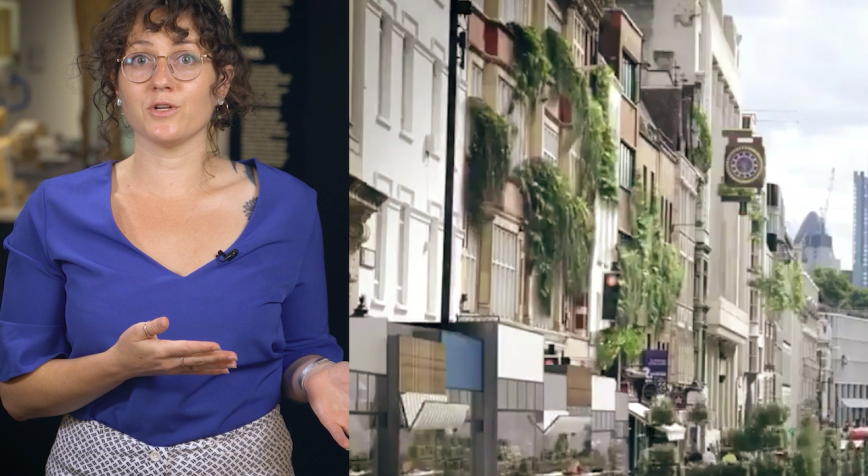
UGent
Reimagining our daily travel
What if highways became walking and cycling corridors with live music, food trucks, street artists, and beautiful green spaces? What if your train car was transformed into a gym or a comfortable working space to use during your commute? Hannah Hook (UGent) wants to re-evaluate travel, focusing on human well-being.
